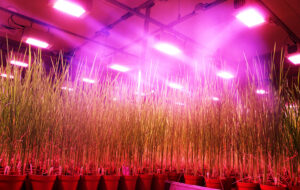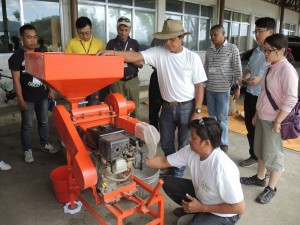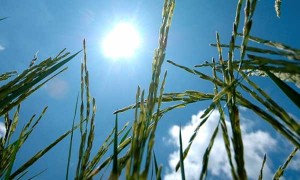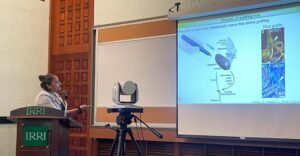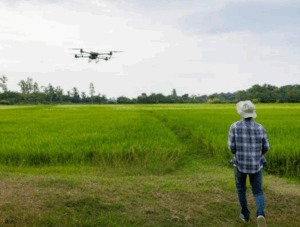In an effort to combat dwindling crop diversity across China, the government has bolstered its system of national genebanks.
Although These are making positive steps towards large-scale conservation; however, there has been relatively little attention given to the role of the country’s 260 million farmers who have saved, used, and contributed to the evolution of diverse, local crops for centuries.
The services provided by China’s community seedbanks have been documented for possibly the first time by an article recently published in Frontiers in Sustainable Food Systems. Twenty-seven seedbanks were surveyed to understand their ability to meet a wide range of needs, with positive implications for climate resilience, improved farmer livelihoods, and increased food security.
Read the full story at Phys.org
More on community seedbanks:
Conserving and increasing productivity and value of the heirloom rice in the Philippine Cordillera|
For the love of heirloom rice and deep concern for heirloom rice farmers, the late distinguished rural sociologist and Filipino National Scientist Gelia Castillo said to the Heirloom Rice Project (HRP) team, “I want to meet them (farmers) and ask, did you make money from heirloom rice? If they say yes, I’ll be very happy. But if they say no, I’ll go after you.”
As we conclude the two phases of the Heirloom Rice Project (HRP): Raising Productivity and Enriching the Legacy of Heirloom Rice through Empowering Communities in Unfavorable Rice-Based Ecosystems (2014 to 2016) and Conserving and Increasing Productivity and Value of Heirloom Rice in the Cordillera (2017 to 2020), we review some of the accomplishments delivered by the team.
Banking seeds
Dinorado is a “special” rice that is sought for weddings, birthdays, and fiestas, among other occasions, and it is a status symbol in the country. Its price is 50% higher than ordinary rice. Unfortunately, the quality of Arakan Dinorado diminished as the genetic purity of its seed stocks declined.
To preserve the purity of the seeds, farmers must know how to manage the health of their seeds—and this lack in management was found in the farm communities in an initial needs assessment of the Consortium for Unfavorable Rice Environments led by IRRI.
Seeds of life in Nepal
With no private seed companies or a government program to provide the much-needed seeds, the project team embarked on a community-based seed production program to meet this challenge.
The team could not have chosen a better time: the farmers were very receptive to the idea of forming their own seed production system. Years of lack of seed supplies became a driving force for farmers to act together. As a result, the Sundar Seed Cooperative, Ltd., became the first seed producers’ group (SPG) in Sundarbazar, Lamjung, in 2007.


